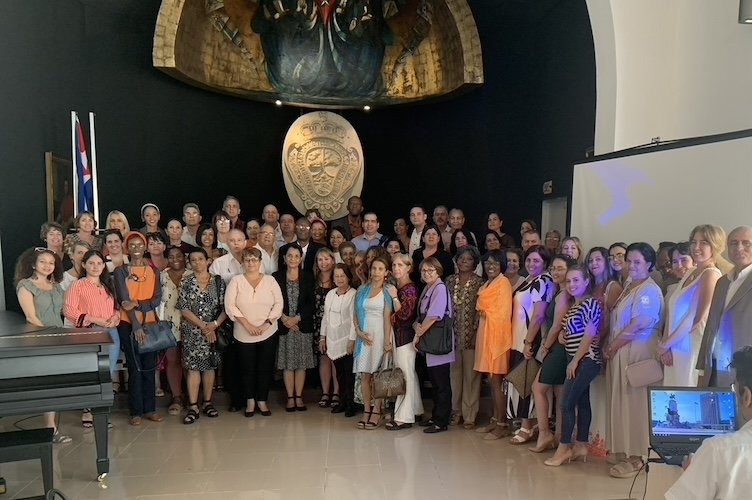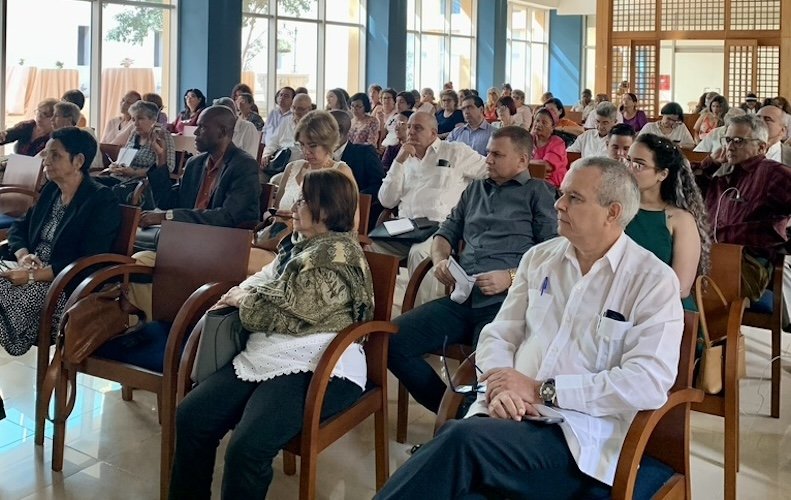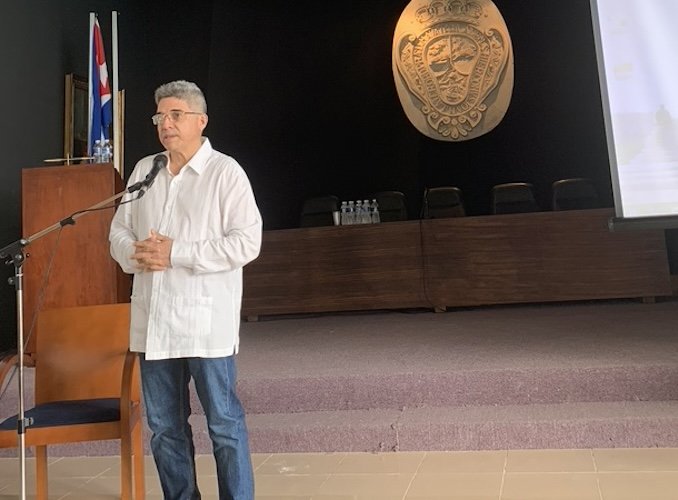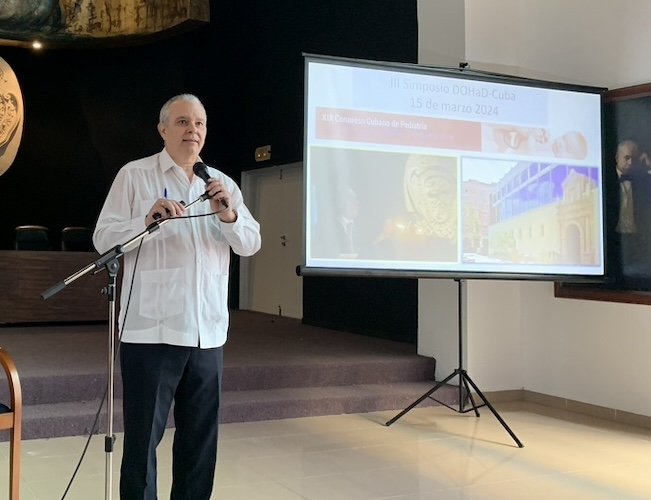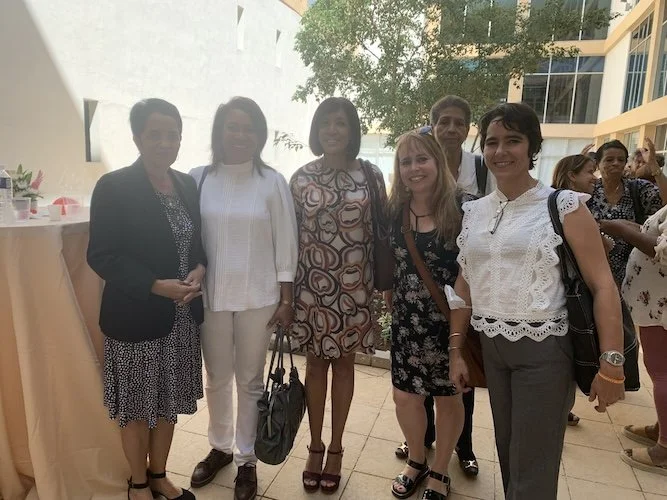The 3rd DOHaD Cuba Symposium in 2024
The third Cuban DOHaD Symposium held on March 15th, 2024, was a remarkable event, bringing together 160 Cuban researchers and physicians to delve into various facets of developmental origins of health and disease (DOHaD). The symposium provided a fertile ground for engaging discussions, covering topics ranging from genetics and the microbiome to chronic diseases in adulthood.
One of the highlights of the symposium was the presentation of eight lectures by distinguished Cuban physicians and researchers. Dr. Yeneir Vera who is the leader of the collaborative research initiative between the Alliance for Human Development and the Ministry of Health in Cuba: "Building Bridges to Better Health," showcased innovative approaches to improve the healthcare outcomes in the country and presented an overview of the Healthy Life Trajectories Initiative (HeLTI) research studies. Dr. Salvador Tamayo Muñiz, Head of Chronic Diseases at the Ministry of Health of Cuba, likely provided valuable insights into the challenges and strategies in managing chronic diseases within the Cuban healthcare system. Dr. Claudia Alemañy Díaz-Perera's expertise in genetics likely shed light on the role of genetic factors in health and disease, contributing to a comprehensive understanding of DOHaD.
Dr. Amílcar Duquesne Alderete's exploration of microbiology, particularly within the context of the General Hospital "Fructuoso Rodriguez," likely provided valuable perspectives on the interplay between the microbiome and health outcomes. Dra. Bárbara Enriquez Dominguez's leadership at the Mother-Infant Hospital "Dr. Angel Arturo Aballi" likely emphasized the importance of maternal and infant health in shaping long-term health trajectories.
Likewise, Dra. Lays Rodríguez Amador's insights as the Head of the Internal Medicine Department at "Hermanos Ameijeiras" General Hospital, and Dr. Jesús Barreto Penié's expertise as the Head of the Nutrition Department at the same hospital, likely enriched discussions on preventive healthcare and lifestyle interventions and presented the main results of the pilot study of the Cuban National Child Cohort Study (1973-2025). Lastly, Dra. Karen Valdéz Álvarez's specialization in infectious diseases likely provided valuable perspectives on the impact of infectious agents on developmental trajectories and long-term health outcomes, specifically COVID-19 infection.
Overall, the symposium not only facilitated the exchange of knowledge but also fostered potential collaborations and initiatives aimed at advancing the understanding and management of DOHaD-related issues in Cuba and beyond.
Go to…


